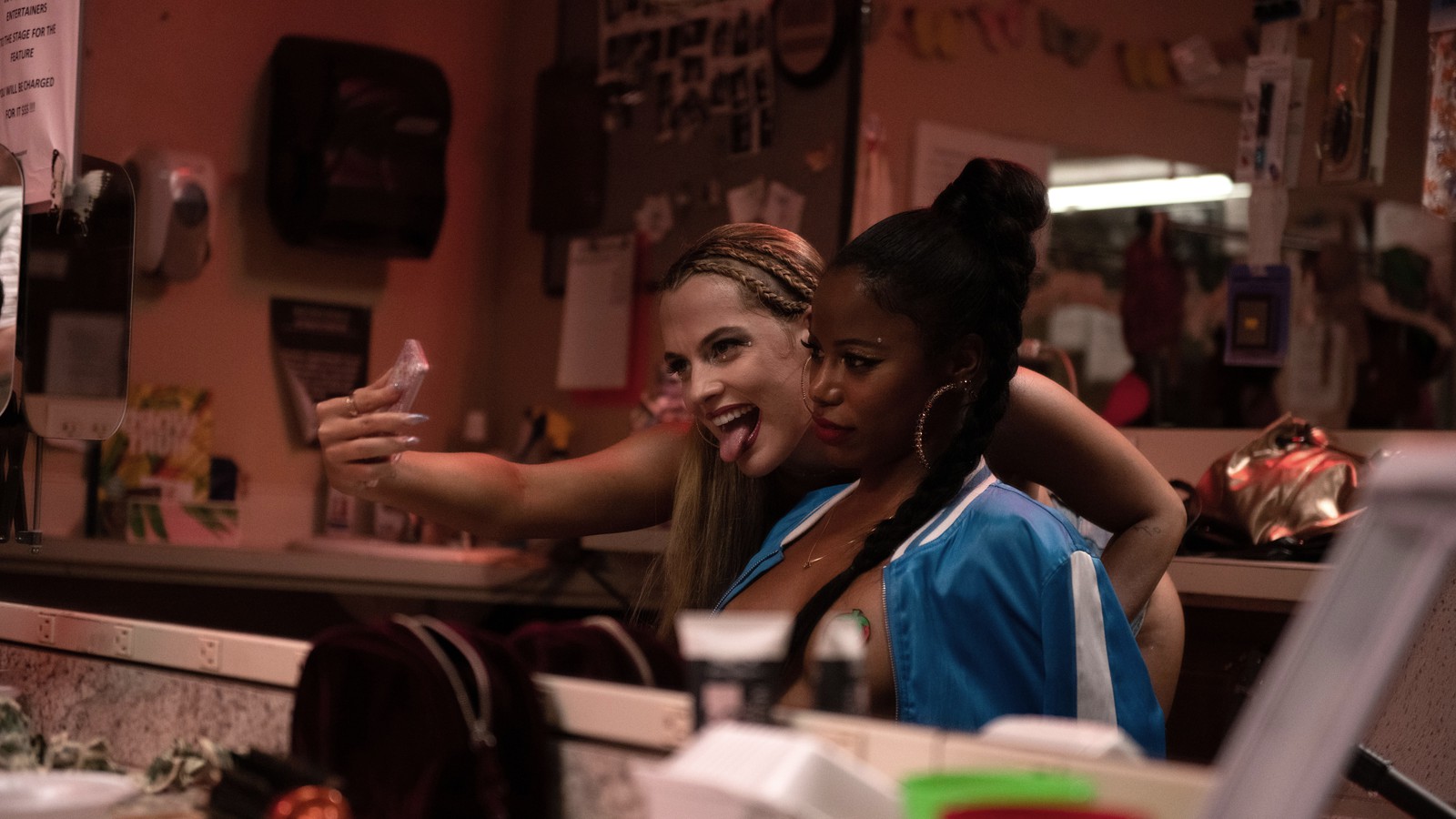At the start of 2021, A’Ziah “Zola” King took to YouTube with a message. In a video titled “Listen Bitch…”, she announces that there’s an “extreme, distinct difference” between relating to her and knowing her, telling off fans who felt they had earned the right to contact her after hearing her story. She never mentions Zola, the upcoming film based on the story she tweeted in 2015, but she wears a hat adorned with the movie’s logo, a silent reminder of the reason she attracted so much attention. In a way, her outfit is the finishing touch on her message: “you may know Zola, but you don’t know Zola.”
It was October of 2015 when Zola shocked the Twittersphere with a story that she claimed was true but seemed anything but. In 148 tweets, she spilled a lurid tale of sex, death, intrigue and betrayal, kicking things off with the now-immortalized refrain, “Y’all wanna hear a story about why me & this bitch here fell out???????? It’s kind of long but full of suspense”. Within hours, the saga was trending worldwide: Zola, a waitress and stripper, takes an impromptu road trip to Florida with a stripper she met the night before, unwittingly falling into the web of a dangerous sex trafficker. In Zola’s telling of the events, she comes off as uneasy but resourceful, finessing her way out of frying pans and into fires without breaking a sweat. Embellishing the truth? Maybe. But veracious or not, Zola’s tale was crazy enough to bring her more than 15 minutes of fame.
READ ALSO: 6 of the most influential Arizona-based influencers
And her story is crazy. Zola’s screenplay—co-written by director Janicza Bravo and playwright Jeremy O. Harris—understands the appeal, leaving the nuts and bolts of Zola’s Twitter thread unchanged. On the surface, the movie works as a trip through unpredictable depravity, leaning into the twists and turns of Tampa’s underbelly with nervous, curious energy. Bravo takes the beat-by-beat structure of Zola’s thread—or tweet-by-tweet structure, rather—and runs with it, giving each 140-character vignette equal weight, dwelling on small moments and coasting right past the big stuff without leaving room to mull it over. The film’s pace is so dictated by its source material that it becomes like watching someone’s weird dream, a loose menagerie of fixations and assigned importance, pushed and pulled through moods by Bravo’s hazy aesthetic and Mica Levi’s disquieting score. And it’s darkly funny, too, in the way nightmares are funny when you’re looking back on their absurdisms.
Like many dreams, Zola can’t sort out a proper ending, instead just hitting the brakes when it runs out of source material. On a storytelling level, there’s a sense that Bravo and Harris weren’t sure where this was going. The end of Zola’s Twitter thread was a jumping-off point for years of speculation, but the end of Zola the film doesn’t feel like a springboard for further discussion or a definitive conclusion. Maybe that’s because the film is more interested in the journey than a destination.
Beneath the surface, Zola is ridiculously sophisticated. The way Bravo works to keep Zola’s reaction in the frame or shoot directly from her POV is a persistent reminder that this is just one version of the story, colored by Zola’s perspective and bound by her perception. And the characters around her mask themselves from being honestly perceived: Stefani, the stripper that invites Zola to Florida, is lily-white, but speaks with a heavily appropriative Blaccent; and Stefani’s pimp “X” presents himself as American but slips into a thick African accent when he loses his temper. A reality-shifting daydream sequence finds Zola asking herself “who she’ll be” on stage that night; later, a digression from Stefani’s perspective suggests that to outsiders looking in, Zola’s identity will always be limited by white constructions of Blackness. To the film, reality is merely a stage on which we present. All the world’s a pole, and all the men and women merely dancers.
It’s not lost on the film that it’s based on yet another unreliable presentation—in fact, its preoccupation with identity and perception is meant to complicate the secondhand nature of the story. But the screenplay’s episodic structure and lack of a considered ending don’t build a solid enough foundation for these themes to anchor into. Watching Zola is like listening to one person read Zola’s thread while another analyzes its wider social context—unlike its source material, Zola lacks a unified voice. Present-day Zola need not worry: we still don’t know her. But there’s something to be said for how cognizant the film is of its distance from its own namesake.
★★★ (3/5)




